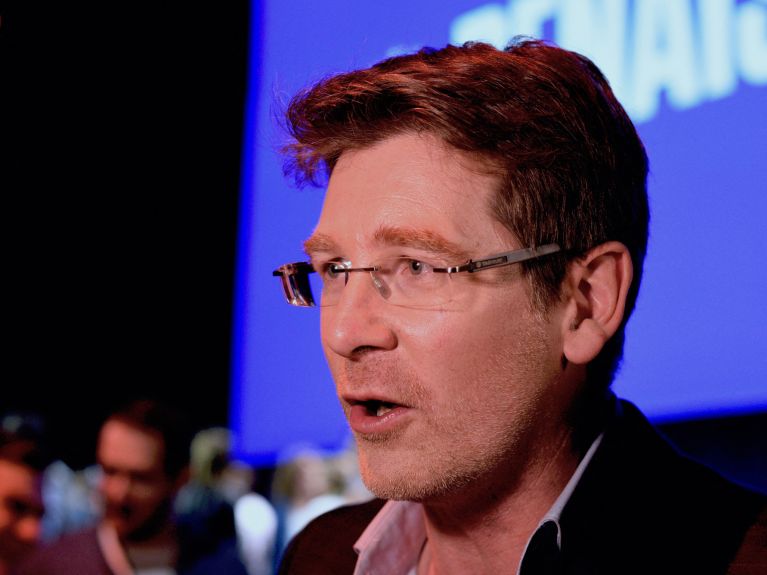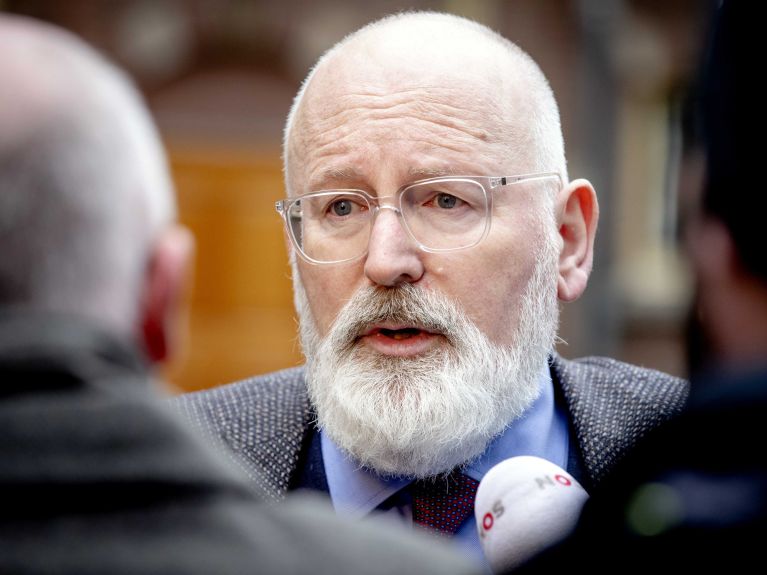Prosperity through sustainability
Does sustainability harm economic development? We introduce a European initiative that says the opposite is the case.

Prosperity or sustainability? Many people believe societies are now facing this decision. The Green Deal of the European Union – supported by Germany – sees these values as mutually dependent: prosperity through sustainability.

Who supports a green economy?
It is backed, for example, by the Europe-wide Green Recovery Alliance. This initiative was launched in April 2020 with an appeal by Pascal Canfin, the Frenchman who chairs the Environment Committee in the European Parliament. Among others, it has been signed by ministers from Italy, France, Luxembourg, Portugal, Austria, Denmark, Sweden, Finland, Spain and Germany as well as Member of the European Parliament from 17 countries. The signatories see no contradiction between sustainability and a thriving economy; that is demonstrated by the signatures of 37 top managers of international business groups, including Allianz, Volkswagen, Siemens Gamesa, Bayern Invest and EON as well as leaders of industrial associations, unions, NGOs and think tanks.
What is the goal?
The initiative aims to consistently base the economic aid against the corona crisis on the Green Deal framework. “The transition to a climate-neutral economy, the protection of biodiversity and the transformation of agri-food systems have the potential to rapidly deliver jobs and growth,” says the appeal.
Concerns and reservations
Doubts come primarily from parts of industry. For example, the German Association of the Automotive Industry (VDA) warns against “additional burdens” resulting from stricter emissions standards and is calling for a “serious assessment” of corona impacts. Several Eastern European heads of state and government are also hesitant, above all, because the energy supply systems of their countries are very strongly dependent on fossil fuels.

What does the European Union say?
European Environment Commissioner Frans Timmermans counters critics of the Green Deal: “Perhaps you could postpone investment decisions or decisions to change for a few years more, but eventually reality would have caught up with you.” In 2050, according to the German Environment Agency (UBA), the costs of climate change resulting from crop failures, material damage and extreme weather events could amount to a quarter of global gross national product. Timmermans says: “We can stand back, close our eyes and hope everything will simply stay as it was, but it won’t. So either we are going to be masters of our fate, or our fate will be masters of us.”
You would like to receive regular information about Germany? Subscribe here:

